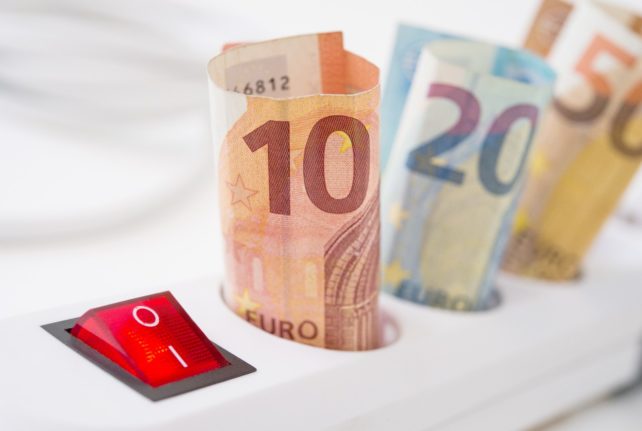Nancy Faeser said Europe’s top economy would need to enhance its vigilance to address such risks in the wake of the damage to the Nord Stream 1 and 2 energy links between Germany and Russia.
“We have to adapt to scenarios that were previously unimaginable,” she said. “That requires strong security authorities with the necessary resources and powers.”
Faeser called for a rapid probe of the “probable act of sabotage” on the pipelines beneath the Baltic Sea close to Denmark and Sweden so that “those responsible” can be identified.
“Protecting critical infrastructure has top priority,” she said, adding that Berlin had presumed “for months” that there was an “abstract threat to energy infrastructure” given its high profile in the wake of Russia’s war on Ukraine.
READ ALSO: WATCH: Baltic Sea foams as gas leaks from damaged Nord Stream pipeline
Defence Minister Christine Lambrecht said the “troubling incident” underlined the importance of an ongoing “modernisation” of the German navy’s fleet for surveillance in cooperation with partner states on the Baltic.
Methane gas from the leaks are bubbling to the surface of the Baltic Sea in discharges expected to last for a week, until depletion of the gas in the pipelines.
The three outflows from the Nord Stream 1 and 2 pipelines, whose cause remain a mystery, have sent natural gas prices soaring, exacerbating an energy crunch in Europe as it stands on the threshold to winter.
EU foreign policy chief Josep Borrell said that “all available information” indicates the leaks “are the result of a deliberate act”.
Suspicion has focused on Russia, which has cut gas supplies to Europe in retaliation for severe Western sanctions over the war in Ukraine.
Germany, which until recently was highly dependent on Russia energy, will wait for a full investigation of the incident before drawing conclusions, a government spokesman said on Wednesday.
READ ALSO: Who is behind the Nord Stream Baltic pipeline attack?



 Please whitelist us to continue reading.
Please whitelist us to continue reading.
Member comments